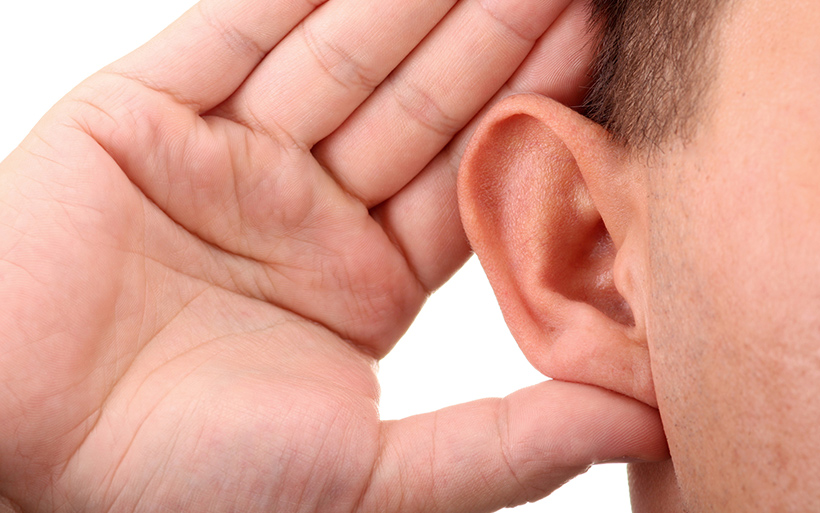Noise-induced hearing loss is extremely common. If you are always around noise that exceeds 85 decibels, your hearing may be irreversibly damaged.
What is noise-induced hearing loss?
This is a type of sensorineural hearing loss where hair cells in your inner ear are permanently damaged from noise.
Noise-induced hearing loss can be caused by long-term exposure to very high levels of noise, which causes a gradual deterioration of your hearing. It can also be caused by a single instance of a loud burst of sound that can immediately result in hearing loss.
More than 17 percent of people between the ages of 20 and 69 have hearing loss that is caused by their recreational or work activities. Some examples of noises that can cause hearing loss may include:
- Sirens
- Nearby fireworks
- Traffic
- Motorcycles
- Jackhammers
- Jet engine
- Chainsaw
- Loud settings on earphones
Is it reversible?
There is currently no remedy for noise-induced hearing loss. You will not be able to take a miracle drug, undergo surgery, or wear a certain type of hearing aid that will be able to restore your hearing ability to what it was before it was damaged by excessively loud noise. The hair cells in your inner ear are responsible for transmitting sound waves to your brain. If noise damages or destroys them, they are unable to regenerate. This means that your hearing ability is permanently affected. This is why it is essential that you take the necessary steps to protect your hearing.
Research to address the issue
There is currently no cure for this condition. However, researchers are looking for ways to restore noise-induced hearing loss. For example, some studies are in clinical trials right now that are testing whether a drug can restore the growth of the tiny hairs in the ear. Age-related hearing loss and loud noise can harm these hairs, but regrowth would help restore hearing.
Protect your remaining hearing
While hearing loss that is caused by noise cannot be restored (yet), you are able to take certain steps to prevent hearing loss or protect the remaining hearing that you have. You can:
- Stay away from areas that constantly have loud noises
- Use the appropriate hearing protection devices, like earmuffs or earplugs, if you work in places with consistently loud noises
- Limit your exposure to extremely noisy activities at home
- Undergo routine hearing tests
- Treat any hearing loss you have with hearing aids
Loud noises can permanently take away your ability to hear. Be sure to take the necessary precautions to protect your hearing.



